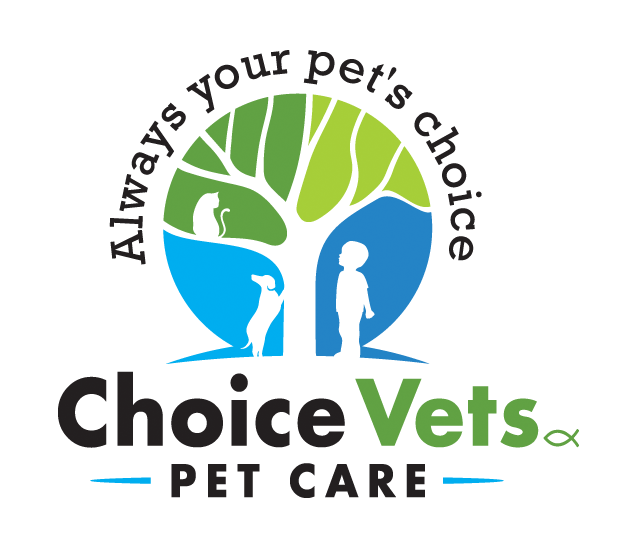Library
-
Just like humans, dogs derive health benefits from regular exercise. An important aspect of facilitating, enhancing, lengthening, and strengthening our relationships with our canine companions is to keep them strong and fit through physical activity.
-
A pet hedgehog’s diet should mainly consist of high-quality hedgehog food mixed with high-quality, low-fat cat food. The diet may be supplemented with certain insects, fruits, and vegetables, which are listed in this handout. Foods that should be avoided are also listed. Hedgehogs have a propensity for obesity if their food intake is not monitored or controlled.
-
Hedgehogs are active animals and require lots of room to move around and exercise. They are also very good climbers, so it is important to choose an enclosure that your hedgehog cannot escape from. Other factors include temperature control, a respite from bright light, and appropriate bedding and toys that are safe for this unique pet.
-
Hedgehogs can make interesting, somewhat challenging, yet fun and enjoyable pets. They are nocturnal mammals whose entire backs are blanketed with spines like a porcupine. They like to stay active and are skilled at climbing, digging, and even swimming. As with any pet, hedgehogs require a high-quality diet and routine veterinary care.
-
Hedgehogs can have several unique problems, including cancer, dental disease, obesity, and foreign bodies. It is important for an owner to understand what these problems are so veterinary care can be provided to their hedgehog when needed and in a timely manner.
-
Your older cat requires more care and attention to make sure they have the best quality of life. If they have certain medical conditions, that will factor into what they can do and how often they may need to see your family veterinarian. It's important to spend time with your cat to keep their stress low and monitor for changes.
-
Your older dog requires more care and attention to make sure they have the best quality of life. If they have certain medical conditions, that will factor into what they can do and how often they may need to see your family veterinarian. It's important to spend time with your dog not only for social interaction but to stimulate their mind.
-
Osteoarthritis (OA) is a progressive, degenerative disease that worsens over time. This handout discusses steps you can take to help your cat deal with osteoarthritis (OA) or degenerative joint disease (DJD). In addition to medications that may be prescribed by your veterinarian, other treatment options such as weight loss, exercise, and complementary therapies such as chiropractic and physiotherapy are outlined.
-
Osteoarthritis (OA) is a progressive, degenerative disease that worsens over time. This handout discusses steps you can take to help your dog deal with osteoarthritis (OA) or degenerative joint disease (DJD). In addition to medications that may be prescribed by your veterinarian, other treatment options such as weight loss, exercise, and complementary therapies such as chiropractic and physiotherapy are outlined.
-
While the holidays add excitement to the winter months, we cannot forget about indoor and outdoor toxins frequently seen at this time of year. Keeping your pets healthy and safe will help keep the holidays stress free.


